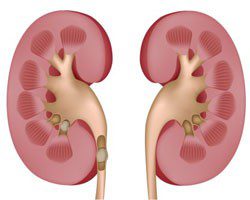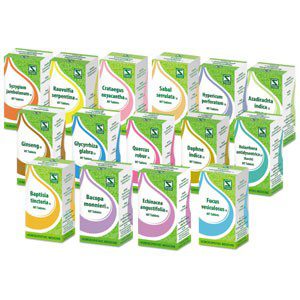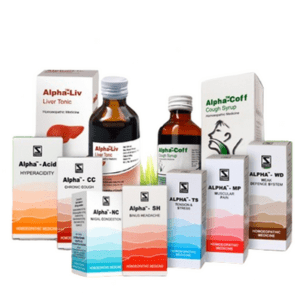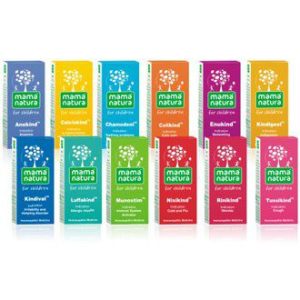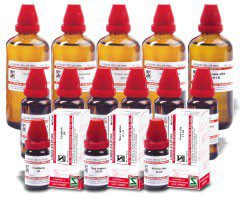Doctors Zone
Journal (JEBH)
Alpha™- Liv Drops
Alpha – Liv Drops Due to high demand from the market, for a formulation in drops for the liver, apart from the syrup already available in the market, Schwabe India developed this product. Introduction The liver plays a key role in metabolism. It has anabolic and catabolic, exocrine and endocrine functions. The liver is a blood reservoir, filter and store of different substances (e.g. glycogen, vitamins). It is the site of serum protein (e.g. albumin, prothrombin, fibrinogen) and enzyme synthesis. Metabolic processes (e.g. bilirubin, hormone, carbohydrate and lipid turnover) and the removal of toxic products are important liver functions. 1 Hepatotoxins (e.g. alcohol, tetracycline, acetaminophen, fungal toxins, and anabolic steroids) can cause specific damage to liver cells. Toxic hepatitis may be clinically silent or severe enough to lead to the rapid development of hepatic failure. Clinical features include hepatomegaly, enzyme abnormalities, fever, abdominal pain, anorexia, nausea, vomiting and weight loss. In patients with underlying cirrhosis, manifestations of portal hypertension may predominate. Aversion to fatty food, abdominal discomfort, nausea and vomiting after meals may be symptoms of 2 cholelithiasis. Jaundice results from accumulation of bilirubin. It has non-hepatic as well as hepatic causes. Hyperbilirubinaemia may be due to abnormalities in the 3 formation, transport, metabolism or excretion of bilirubin. TM Alpha -Liv Drops aids recovery and normalisation of liver functions. Severe liver disease needs specialised treatment. Indications: Slow liver functions, fatty liver, and for supportive treatment of hepatocellular jaundice and toxic liver damage.

Research News : : Lycopodium clavatum on memory functions and cerebral blood flow in memory
Schwabe News :: Volume 6 | Issue 7-9 | July – September 2015
Research News
Lycopodium clavatum on memory functions and cerebral blood flow in memory
Lycopodium clavatum is a deep acting, predominantly anti-miasmatic remedy. It is a commonly used medicine for the gastric trouble, rheumatism, liver complaints, renal complaints, etc. Recent studies have shown that lycopodium has acetyl cholinesterase (AchE) inhibitory activity, which can be beneficial in cases of Dementia. However, no study has been conducted so far on animal models related to its memory and cerebral blood flow (CBF). Recently a study is done by Central Drug Research Institute, Lucknow on the effectiveness of homoeopathic Lycopodium on memory and cerebral blood flow in memory-impaired rats. Mother tincture (MT) and 200CH of Lycopodium were used to find its efficacy in memory. Whereas to test its effect on cerebral blood flow in memory- impaired rats the drug was used in MT, 30CH, 200CH and 1M. The study was done on intra-cerebro-ventricularly (ICV) administered streptozotocin (STZ) induced memory impairment in rats.
On the 1st and 3rd day memory deficit (streptozotocin 3mg/kg) was introduced by ICV. Male Sprague Dawley (SD) rats were treated with Lycopodium MT, 30CH, 200CH and 1M for 17 days. With the help of Morris maze test on the 14th, 15th and 16th day, learning and memory was assessed whereas cerebral blood flow judged by Laser Doppler flow meter on 17th day.
STZ (ICV) treated rats showed impairment in learning and memory along with reduced CBF. Lycopodium MT and 200 showed improvement in learning and memory. There was increased CBF in STZ (ICV) treated rats at all the potencies of Lyc studied.
The above study suggests that Lyc may be used as a drug of choice in condition of memory impairment due to its beneficial effect on CBF.
Reference: Kashif Hanif, Manoj Kumar, Neetu Singh, Rakesh Shukla. Effect of homeopathic Lycopodium clavatum on memory functions and cerebral blood flow in memory-impaired rats. Homeopathy, January 2015, Volume 104, Issue 1, Pages 24–28
Recent Advancements in Basic Homeopathic Research – A Report on Two Significant Publication
In a study conducted at the Experimental Farm of the State University of Santa Catarina, Brazil, researchers investigated the impact of homeopathic treatments on piglets during the nursery phase. The study aimed to determine whether homeopathic agents could reduce fighting behavior, improve growth performance, and affect hematological, metabolic, and oxidative variables. The study included 108 weaned piglets divided into four groups: a negative control group receiving only the basal diet, and three groups receiving different homeopathic treatments at varying dosages.
Journal of Evidence Based Homeopathy Volume: 1, Issue: 1, January - June 2023
Comprehensive articles

Agrohomeopathy – A Review
Short cases

Unmasking the Intricacies: A Pyogenic Abscess Case Report

Lichen Simplex: A Singular Case Study

Ranula Unveiled: A Case Report and Management Approach

Lichen Simplex: A Singular Case Study

A Puzzling Presentation: A Case Report of Jaundice
Recent provings and updated materia medica

Acidum Formicum

Mygale

Thea Chinensis
Materia medica on phytohomeopathy

Chrysarobinum

Sanguinarinum nitricum

Thiosinaminum
Mother tincture

Asparagus Officinalis

Ginkgo Biloba

Rosmarinus Officinalis
Product watch

Alpha™- Liv Drops

Good Morning™ Constipation Drops

Zauber™ Hair Drops
Research News











